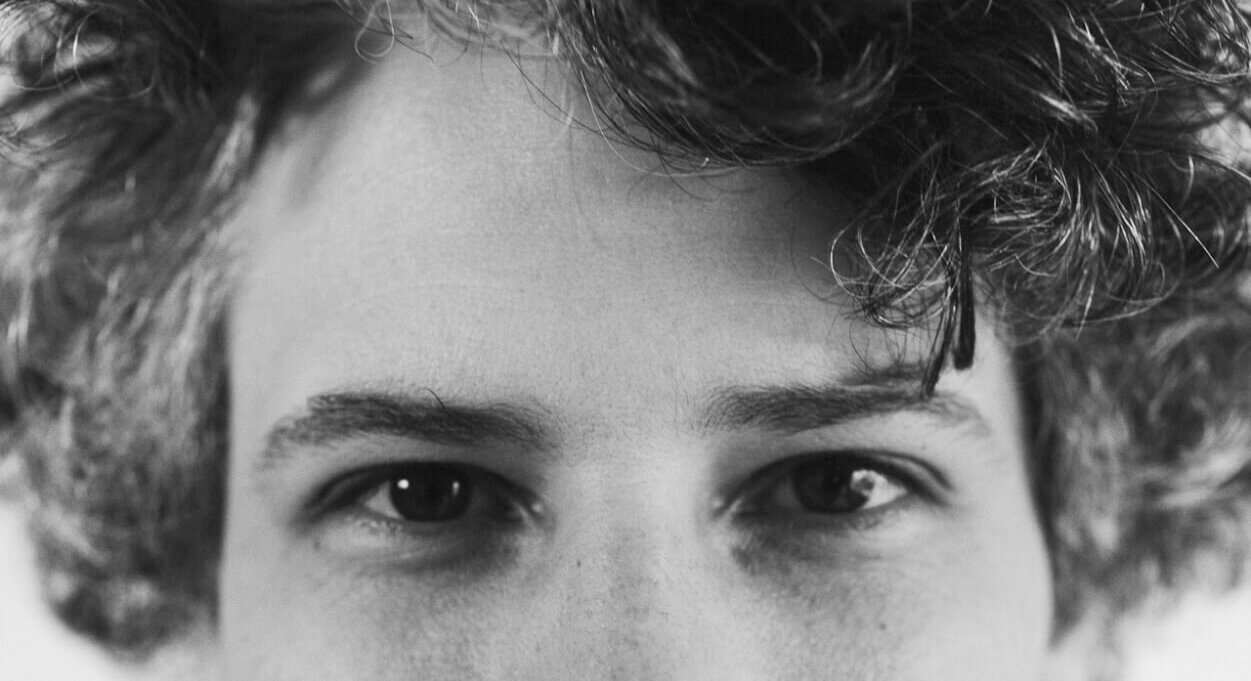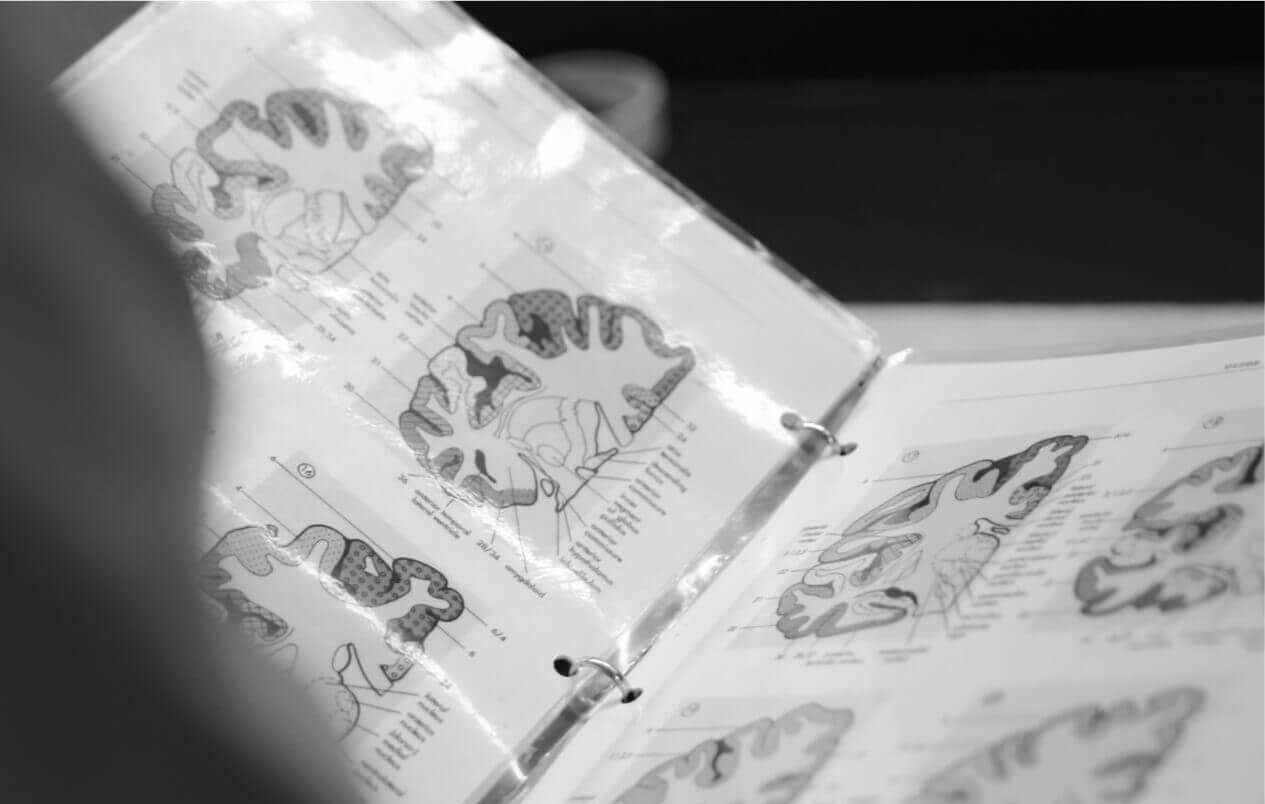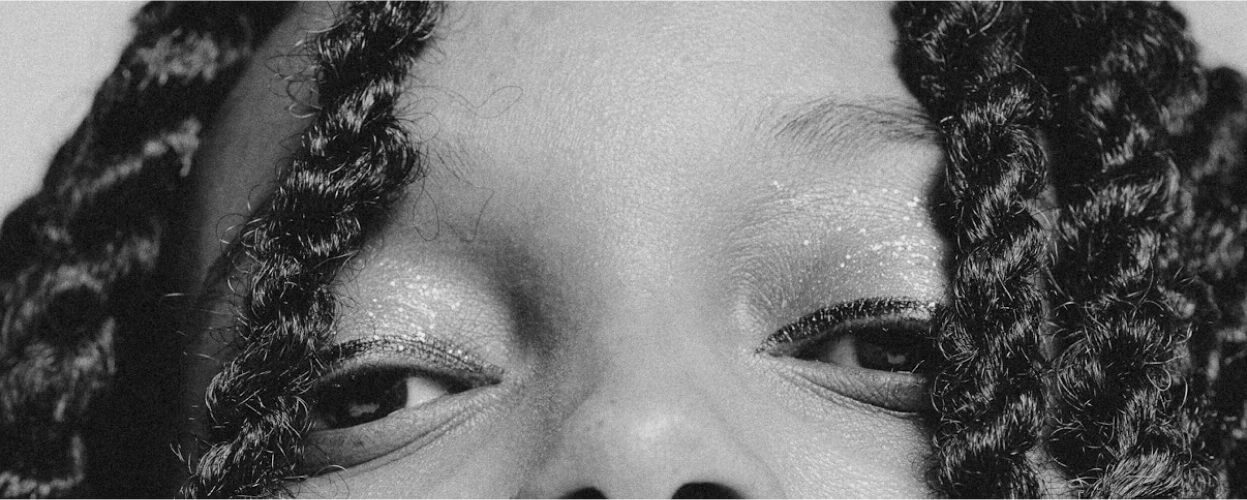“Please seriously consider it—you don’t need it anymore”
The Brain Donor Project is featuring stories during this Brain Awareness Week of those who’ll donate their brain to neurologic research when they die. For some, it is highly personal, inspired by someone they love. For many, it’s a natural way to leave a gift at the end of their life. In our minds’ eye we see a better future thanks to brain research. In these “Mind’s Why” articles, we uncover our donors’ reasons for advancing science. Today, Steve’s story.
 Steve has Myasthenia Gravis (MG), a rare autoimmune neuromuscular disorder that was often fatal until the late 1960’s. Uncontrolled, it can lead to weakness in certain muscle groups, leaving patients unable to swallow, speak…even breathe. Now that he has his symptoms under control, he’s anxious to be helpful.
Steve has Myasthenia Gravis (MG), a rare autoimmune neuromuscular disorder that was often fatal until the late 1960’s. Uncontrolled, it can lead to weakness in certain muscle groups, leaving patients unable to swallow, speak…even breathe. Now that he has his symptoms under control, he’s anxious to be helpful.
“Whenever I go into the clinic, they always ask me if I want to do something like submit to an extra blood test or do some testing with my lung capacity and things like that and I always try to take part. I want to be giving something back and trying to make lemonade out of lemons,” he said.
It was tough at first. Steve was speaking at a conference when the symptoms first hit. He found himself unable to say certain words, and experienced double vision, often signs of a stroke. His second MG crisis left him unable to swallow water. That episode put him in the ICU for five days before the disorder was stabilized.
Retirement came sooner than he had planned, thanks to MG. “I had trouble speaking and that still comes up from time to time. As an attorney, it’s probably not good to not be able to speak. Had to bite the bullet and leave early.”
Since stress can trigger an episode, Steve can be prepared now with certain medications. He feels like as long as he can stay ahead of the disease that way, he can manage it. As for a cure, he’s hoping that donating his brain makes a difference, and he encourages people to sign up.
“By all means, please seriously consider it—you don’t need it anymore. The possibility of helping someone, even someone in your own family, is so great. My disease isn’t hereditary, but it could strike my kids just randomly. Hopefully, they’ll figure out what they need to do to make it better for the patient or go away permanently.”
We hope so, too, Steve.



